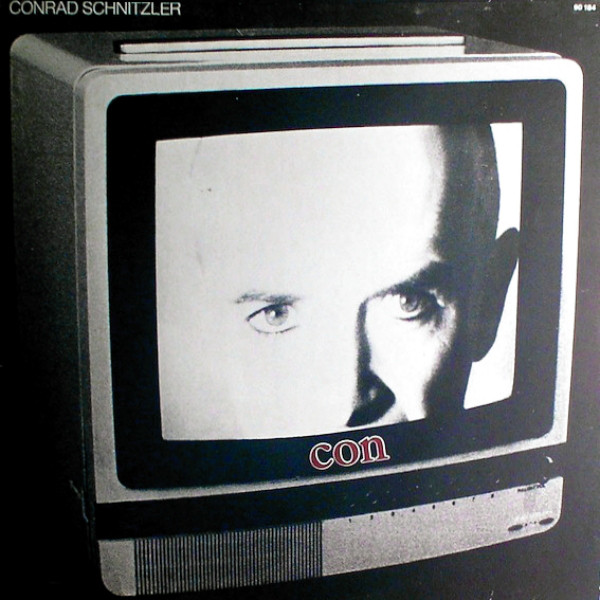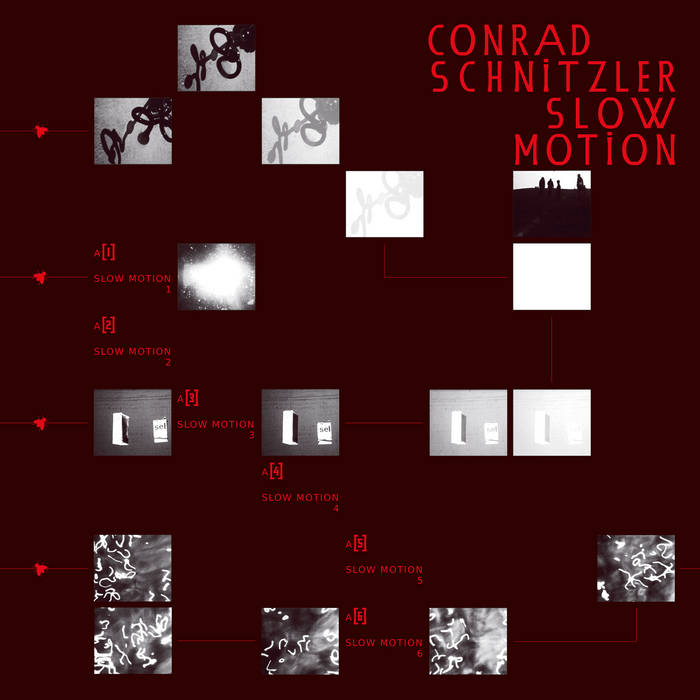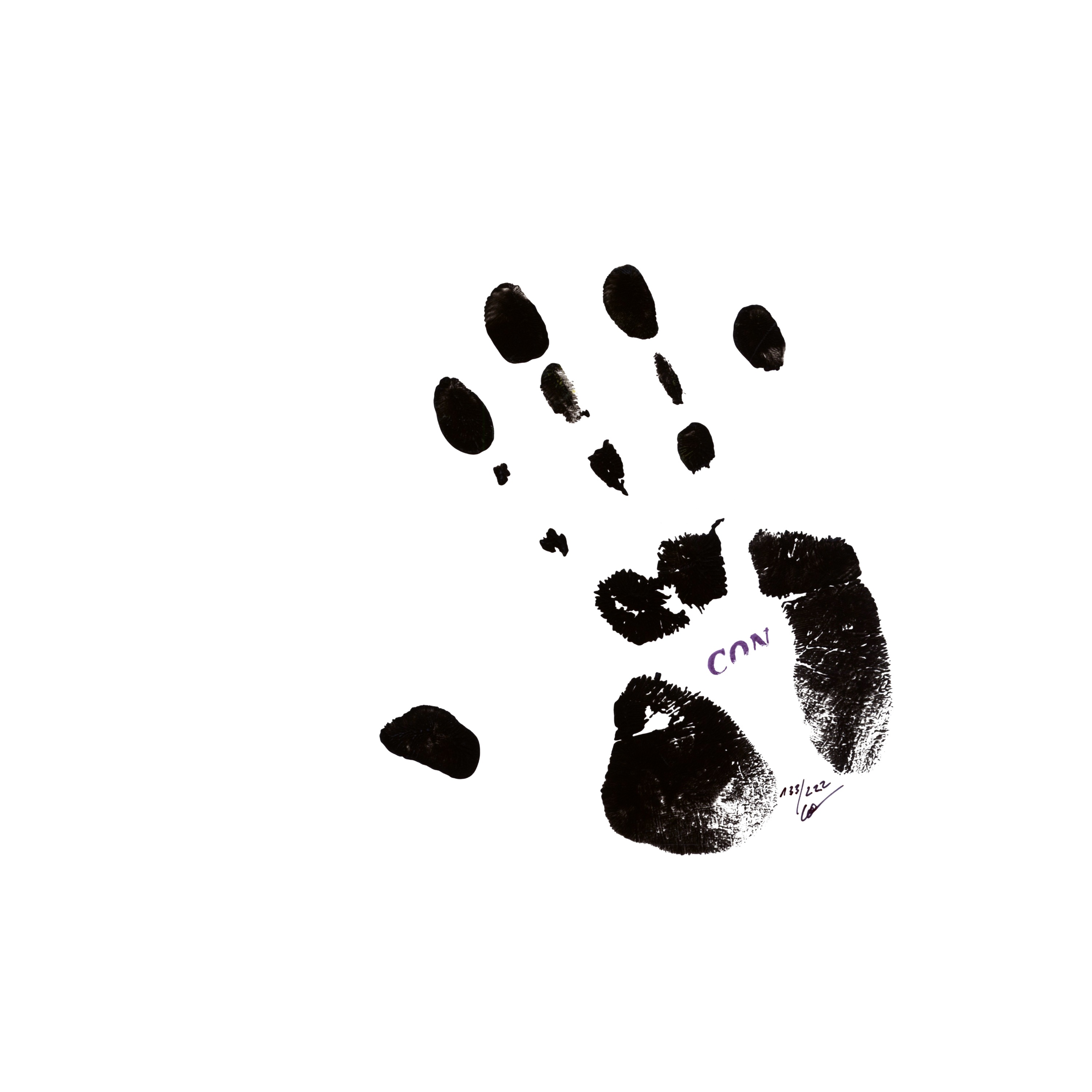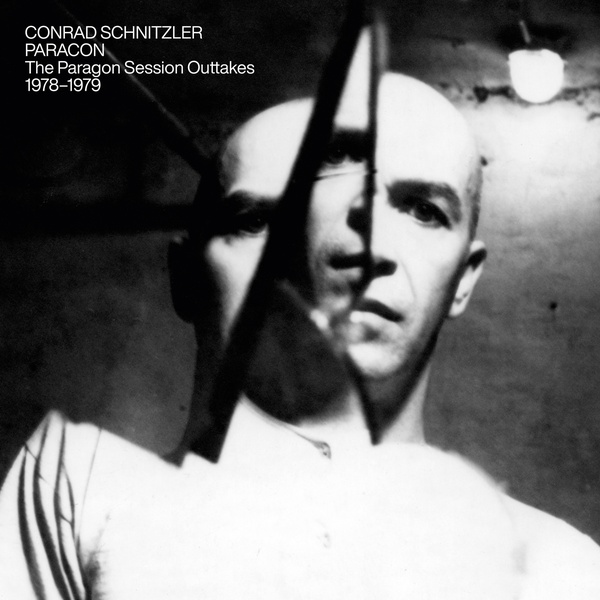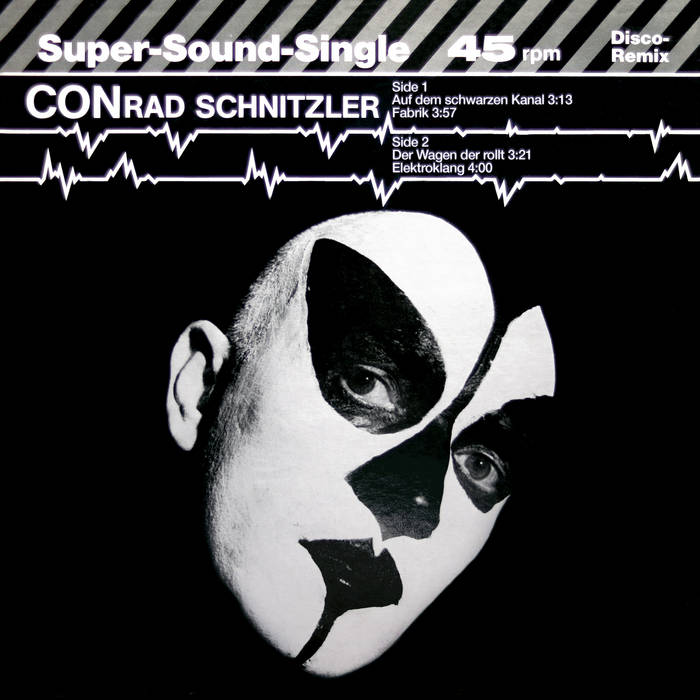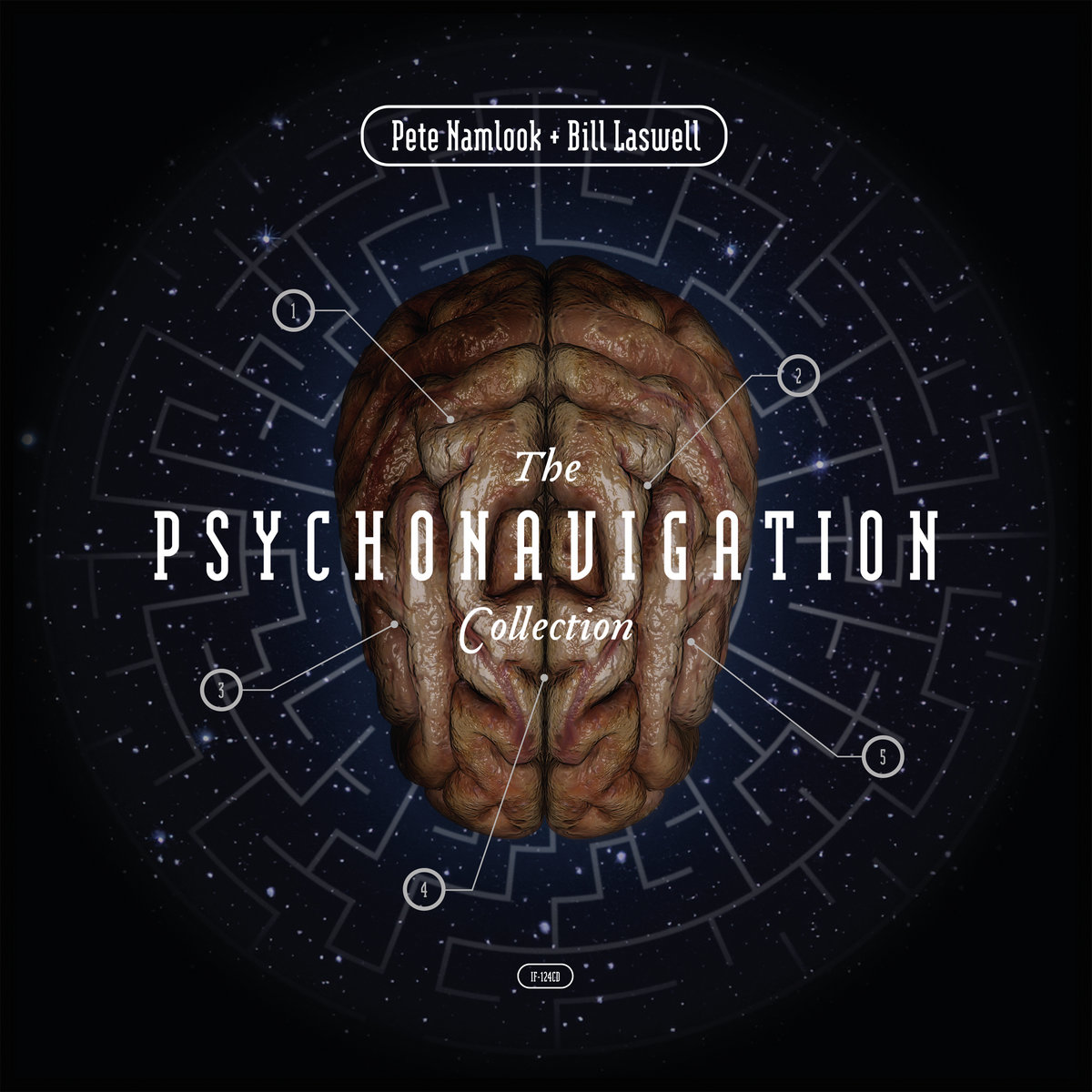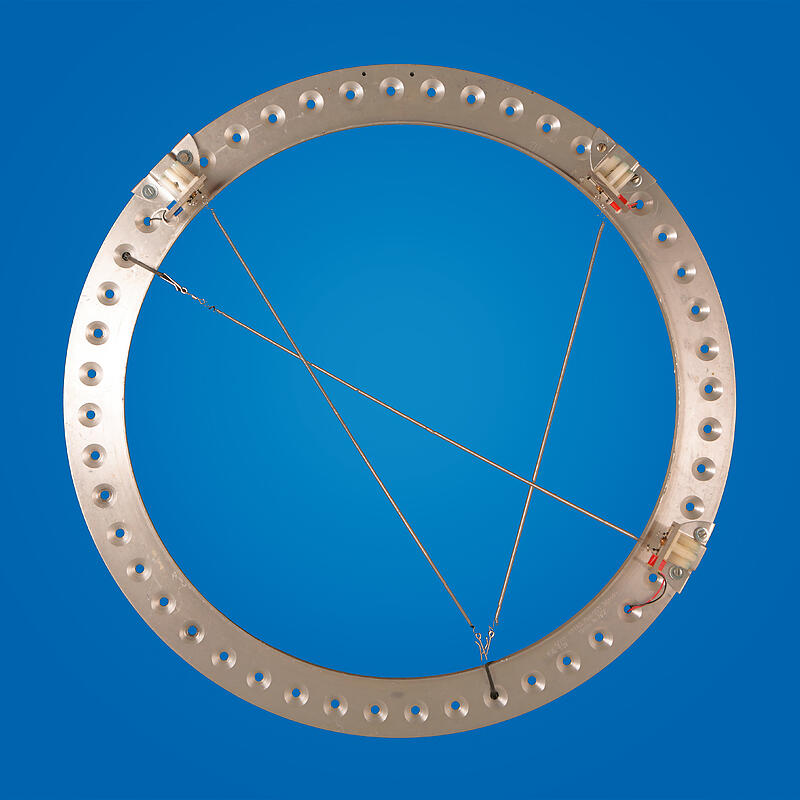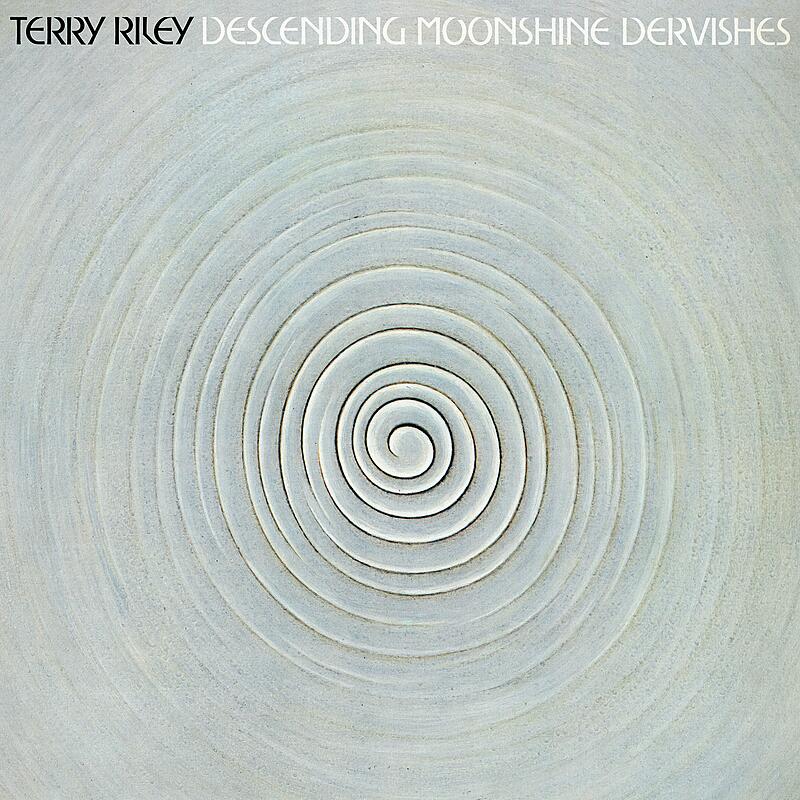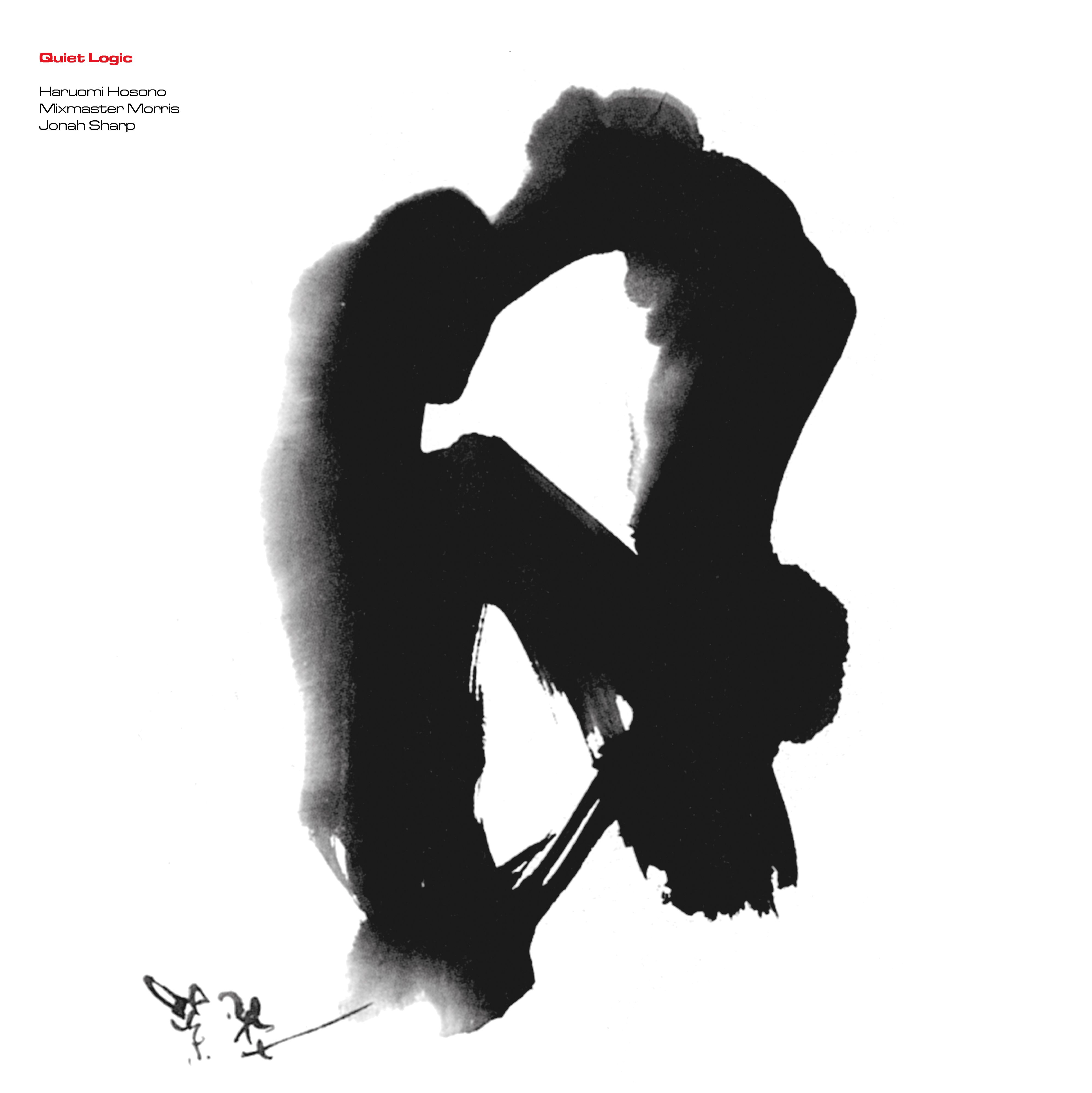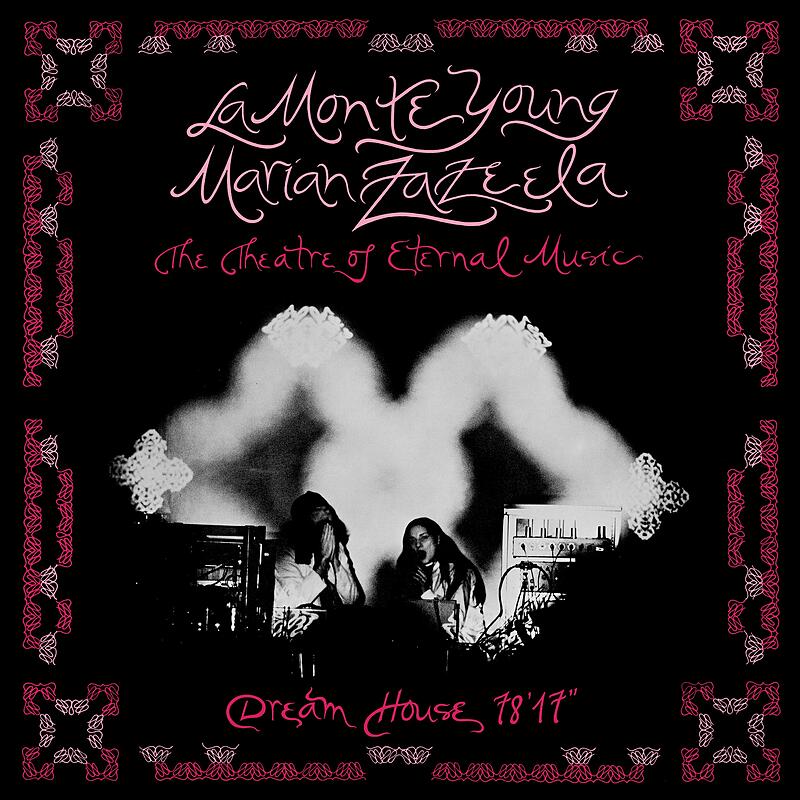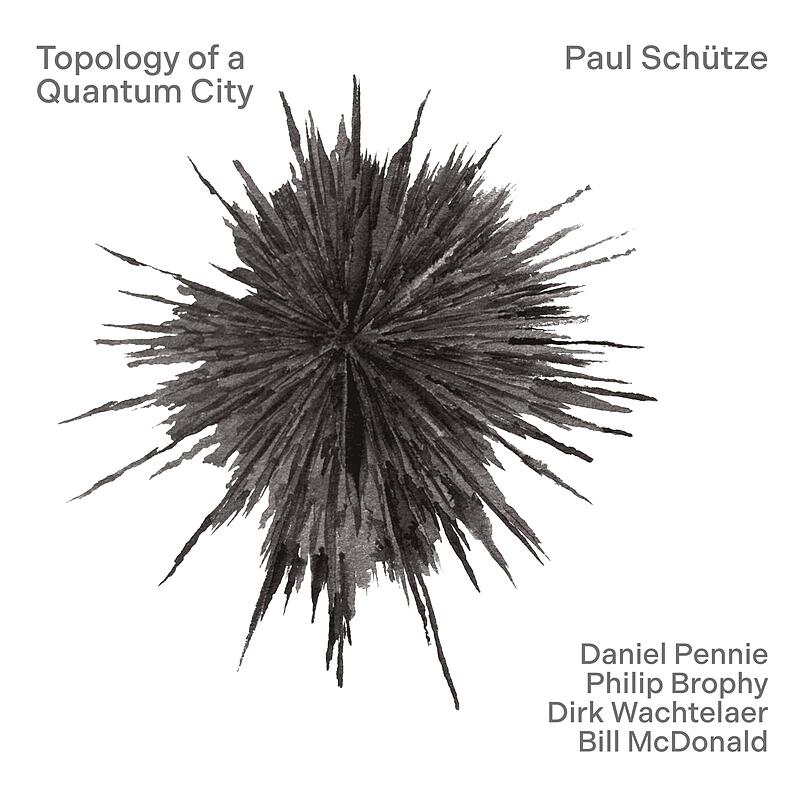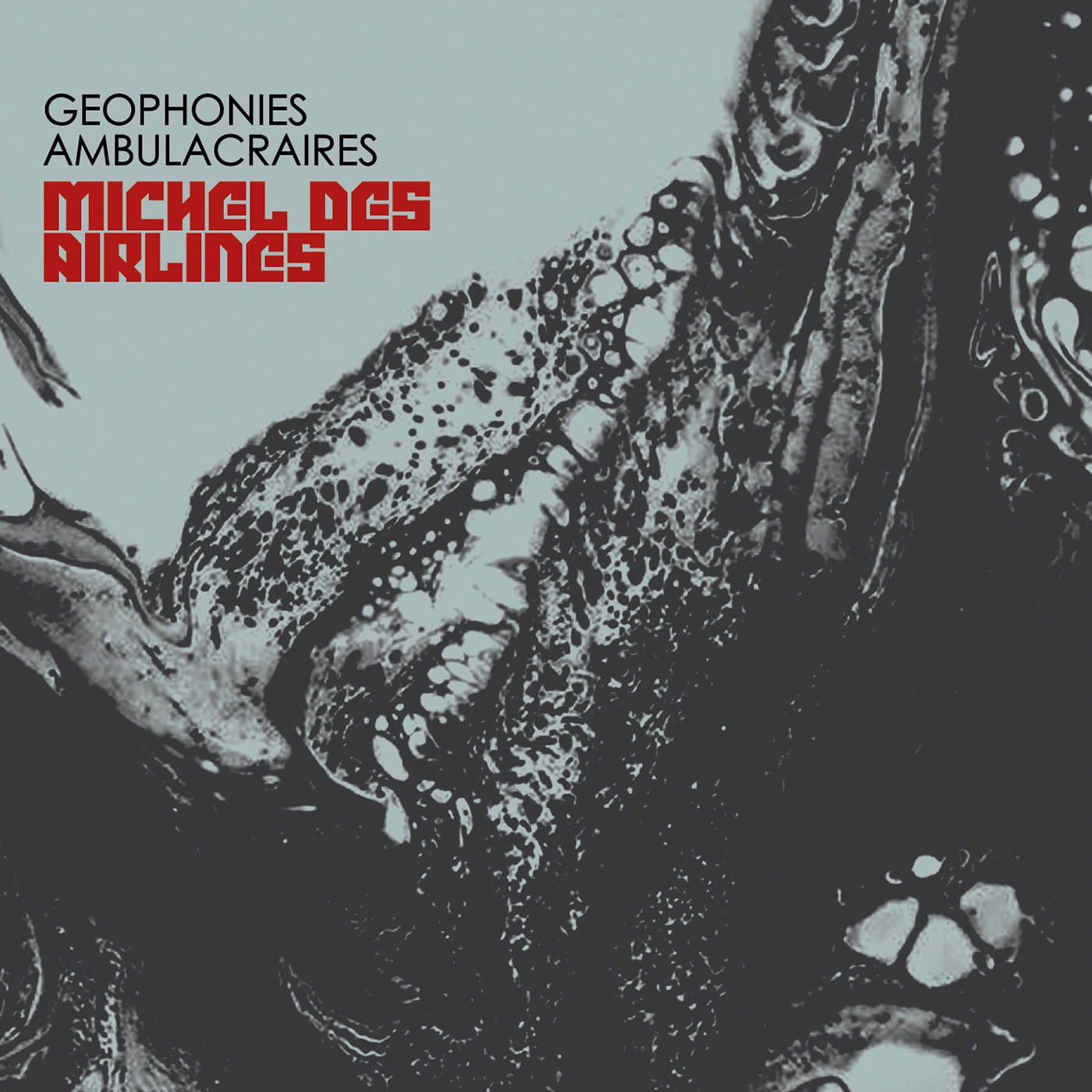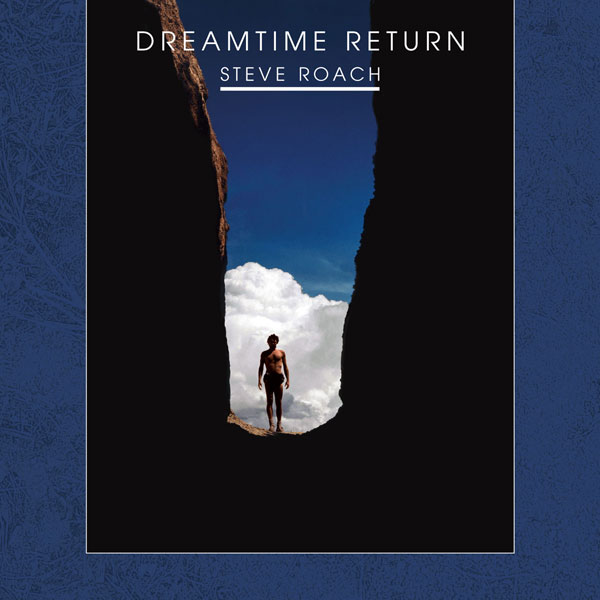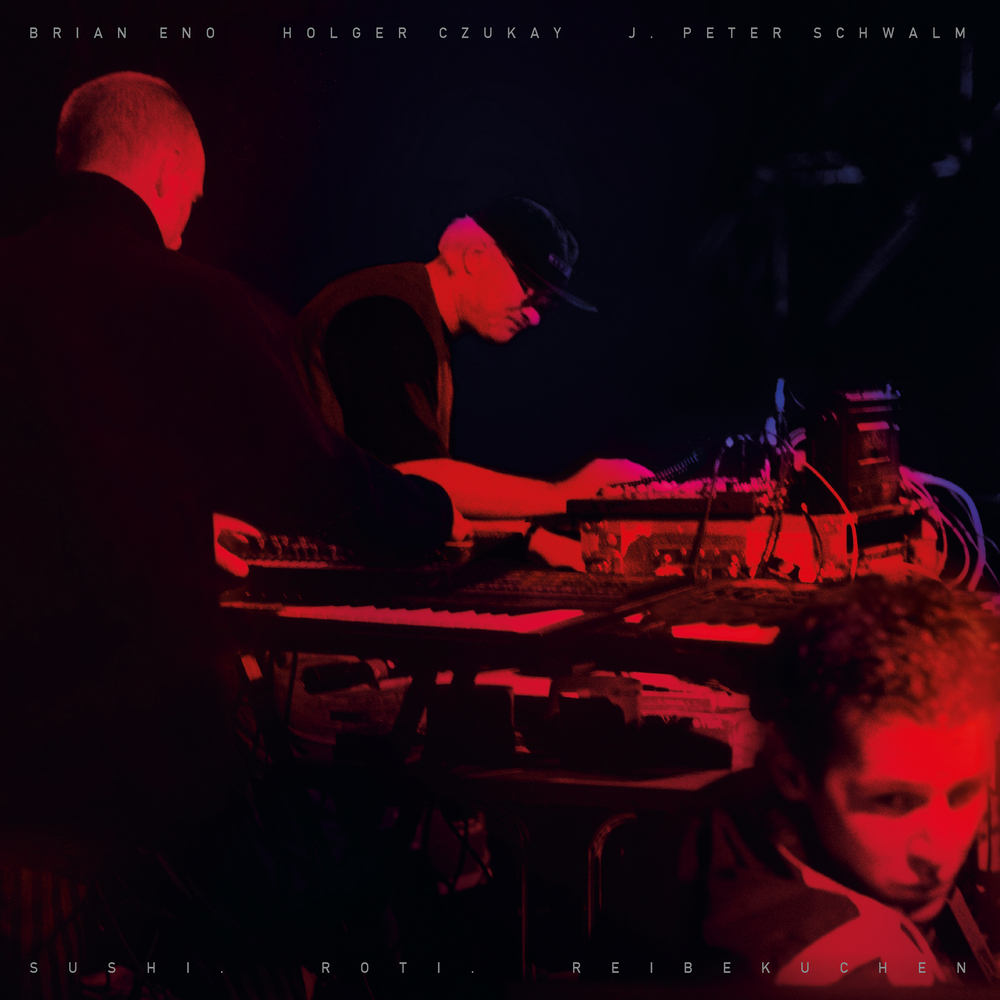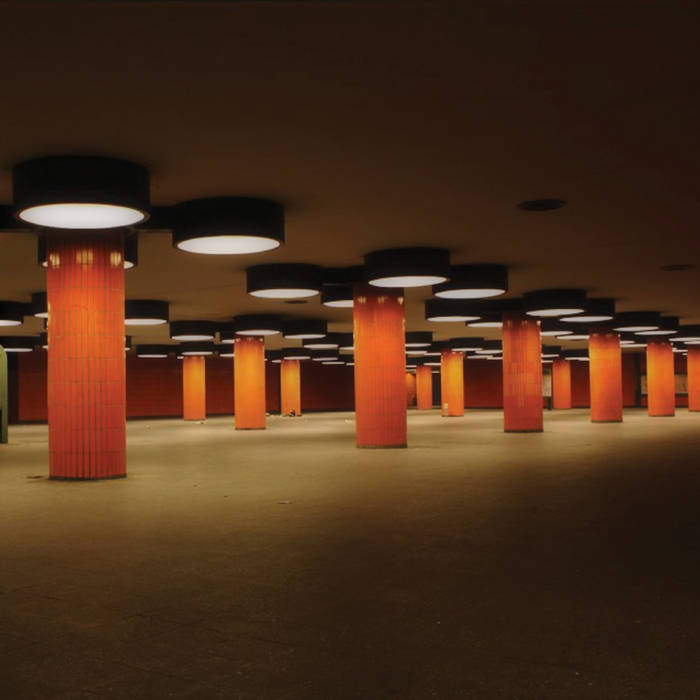- Sello: BUREAU B
- Géneros: Classics and Electronic pioneers
- Géneros: Kosmische musik - Krautrock
- Lanzamiento: 2020-07-26
![]()
Ref.: R53743
pvp: 24,50 €
Ref.: R53749
pvp: 16,90 €
Información detallada:
Imposible resumir aquí la larga biografía del maestro Conrad Schnitzler , fundador del primer club de música electrónica en directo en Berlín a finales de los sesenta (Zodiac) además de Kluster, primera formación de Tangerine Dream, y posteriormente desde los primeros setenta autor de una inabarcable discografía. Pionero de la moderna música electrónica en muchos sentidos, sin embargo ha sido un completo desconocido para muchos aficionados a esta música hasta hace poco, incluso en su país Alemania donde está siendo recuperado por fín en los últimos años y tras su muerte. CON es para muchos su mejor disco, en nuestra opinión al menos está entre los mejores. Un disco singular pues fué el primero que grabó, en 1978, en un estudio profesional : el Paragon Studio, fundado por su amigo Peter Baumann (TD), por donde pasaron bastantes talentos de la electrónica como Asmus Tietchens o Roedelius. Esta reedición , tanto en vinilo como en CD, respeta el diseño del original publicado por el sello EGG (1978). Absolutamente imprescindible en cualquier colección seria de música electrónica!!!
SoundCloud
Youtube
Tracklist
CON :Otros discos de CONRAD SCHNITZLER
-
- lanzamiento: mayo 10, 2024
- CD DIGIPACK (Ref.: R55080): 16.9 €
- LP (Ref.: R55078): 26.9 €
-
- lanzamiento: mayo 27, 2022
- LP (Ref.: R54445): 24.9 €
- CD DIGIPACK (Ref.: R54492): 16.9 €
-
- lanzamiento: ene. 8, 2021
- LP (Ref.: R53936): 21.9 €
- CD DIGIPACK (Ref.: R53937): 17.0 €
-
- lanzamiento: nov. 6, 2020
- EP (Ref.: R53775): 14.9 €
-
- lanzamiento: jul. 26, 2020
- LP (Ref.: R53743): 24.5 €
- CD DIGIPACK (Ref.: R53749): 16.9 €
más discos de CONRAD SCHNITZLER
Otros discos de Classics and Electronic pioneers
-
NOVEDAD!!
- lanzamiento: sept. 25, 2024
- CD BOX (Ref.: R55214): 55.0 €
-
NOVEDAD!!
- lanzamiento: sept. 13, 2024
- LP (Ref.: R55209): 26.0 €
-
NOVEDAD!!
- lanzamiento: sept. 16, 2024
- LP (Ref.: R55214): 27.5 €
-
NOVEDAD!!
- lanzamiento: mayo 31, 2024
- CD (Ref.: R55136): 18.0 €
- DOBLE LP (Ref.: R55135): 35.0 €
-
NOVEDAD!!
- lanzamiento: mayo 17, 2024
- CD (Ref.: R57291): 18.0 €
- LP (Ref.: R57290): 30.0 €
más discos de Classics and Electronic pioneers
Otros discos de Kosmische musik - Krautrock
-
NOVEDAD!!
- lanzamiento: sept. 9, 2024
- CD (Ref.: R55213): 16.9 €
-
NOVEDAD!!
- lanzamiento: sept. 3, 2024
- CD (Ref.: R55197): 12.0 €
-
NOVEDAD!!
- lanzamiento: sept. 2, 2024
- DOBLE LP (Ref.: R55198): 34.0 €
- DOBLE CD (Ref.: R50703): 19.9 €
-
NOVEDAD!!
- lanzamiento: mayo 31, 2024
- CD DIGIPACK (Ref.: R55132): 17.0 €
- DOBLE LP (Ref.: R55131): 30.0 €
-
NOVEDAD!!
- lanzamiento: jul. 5, 2024
- CD DIGIPACK (Ref.: R55140): 17.0 €
más discos de Kosmische musik - Krautrock
